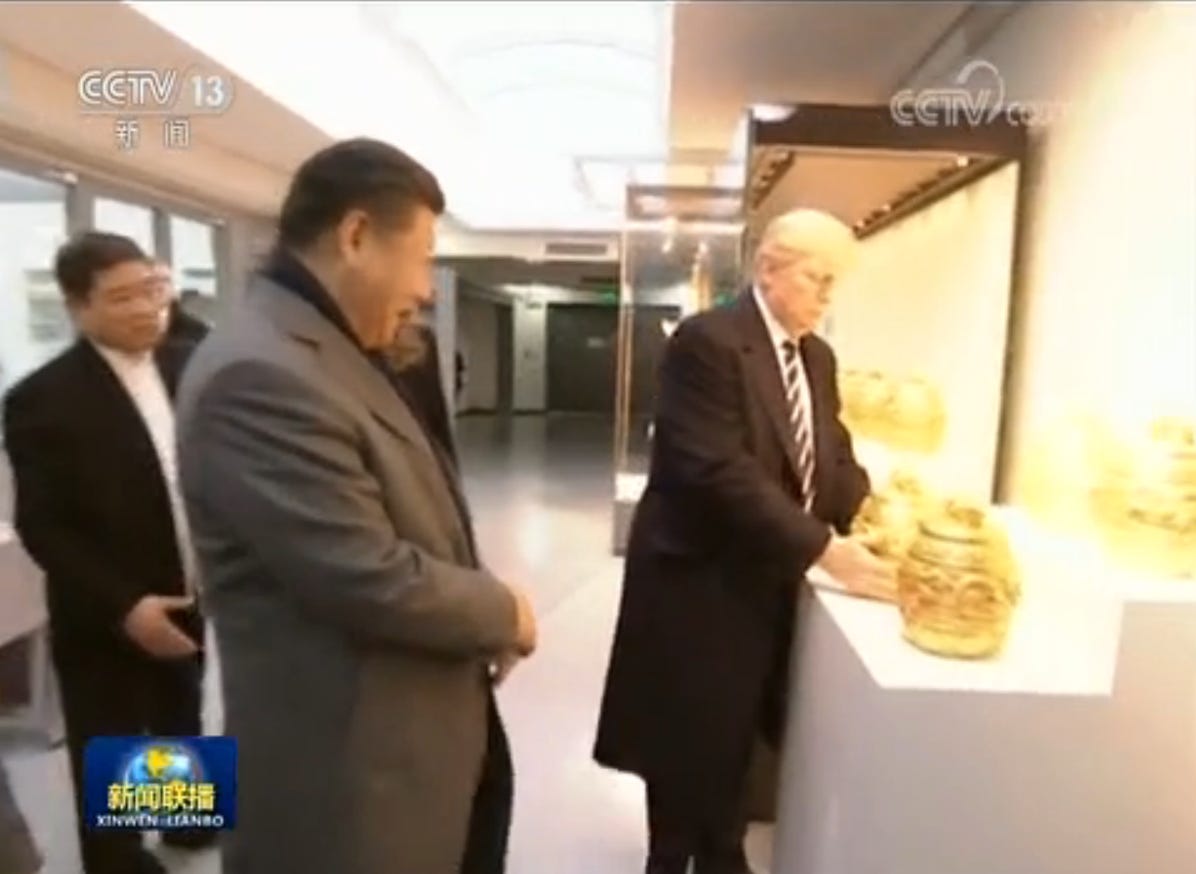There is no TikTok deal, no matter what Trump says
An update on Donald Trump's pursuit of shiny things, and his call today with Xi Jinping.
We send emails once a week, and if there is breaking news or something we need to say. Our editor is veteran China editor and media entrepreneur Jeremy Goldkorn.

U.S. Treasury Secretary Scott Bessent said after trade talks last weekend in Madrid, Spain that details of a TikTok deal with China “will be confirmed in a Friday call” between Donald Trump and Xi Jinping.
That call happened this morning, September 19 Washington D.C. time. A few hours later, Trump posted to his personal social network that “the call was a very good one, we will be speaking again by phone, appreciate the TikTok approval” (italics mine).
But the Chinese readout of the call shows no such thing. This is all the document says about TikTok:
On the TikTok issue, Xi stated that China’s position was clear: the Chinese government respects the will of the businesses, …


